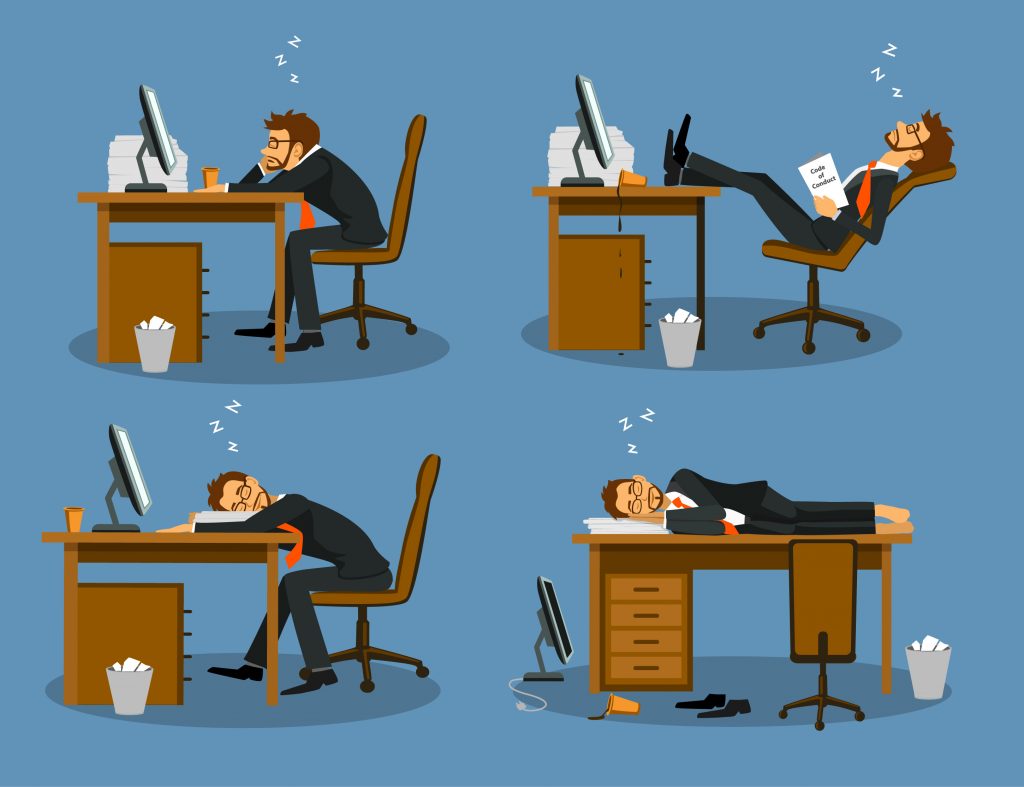Stress Awareness Week is designed to raise awareness of stress and its impact in both personal and working lives. It also aims to reduce stigma while promoting the importance of well-being and stress reduction.
Stress affects millions of people around the country and is widely accepted that work can be a significant cause of stress for many. The Mental Health Foundation found that 74% of adults in the UK feel ‘so stressed at some point over the last year they felt overwhelmed or unable to cope’.
Despite the fact that high stress levels can have a substantially detrimental effect on an individual’s health, it is not given as much focus as many differing physical health concerns.
Stress is often one of the greatest contributors causing both physical and mental health problems such as depression, anxiety, indigestion, heart palpitations, insomnia and many other ailments.
It is not difficult to see from this how stress can negatively effect mood levels and productivity within the workplace. The UK Health and Safety Executive’s 2018 Stress Statistics support this assertion as they found that 57% of all work-based absence was stress related.
As an employer it is important to always be mindful of warning symptoms displayed by employees which could indicate they are being overwhelmed by stress or experiencing burnout.
These Symptoms can include:
- Depression
- Exhaustion
- Insomnia
- Significant Weight Gain or Weight Loss
- Low Concentration Levels / Forgetfulness
- Social Withdrawal
- Increased Pessimism
- Loss of Confidence
- Uncharacteristically Irritable
As stress is not always obvious, it can take time for employers to realise their teams are unusually stressed.
What can I do to help my people?
There are a number of pre-emptive actions which can be taken on board immediately, with little cost involved.
Start by promoting an open dialogue about stress and the effects it can have. This will help to reduce the stigma attached to stress and burnout. Emphasise that an employee should not be embarrassed to admit when they feel overloaded by their workload, or that it is a sign of weakness to admit feeling overcome.

Cultivating an open workplace can do wonders for employee esteem.
Getting everyone to share their coping mechanisms could provide numerous options for people to pick and choose from. We recommend setting out a basic framework to help improve the mental and physical resilience of you workforce. Addressing the ways which mentally strong people use to handle stressful periods would help guide those people who may feel lost when pressured.
This Mental Guidance could include:
- Taking Control through an Attitude Change: Instead of being passive and thinking “I can’t do anything about my condition” take on a proactive mindset and start thinking “What is the first step I should take to solve this problem”. By taking control of a situation any employee can feel empowered and less at the whim of a situation which they originally perceived as beyond them.
- Accept that Stress is a Part of Everyday Life: Many people have the tendency to believe that their problems are more difficult than others around them. Changing this perspective into acknowledging that everyone has their own problems and that hardships are inevitable will encourage employees to devote their time and efforts into doing what they can to progress.
- Ensure all Problems are Seen in Perspective: Mentally vulnerable individuals are more susceptible to letting minor inconveniences dictate the mood of their whole day. In relation to work this could be a minor error which they blow up in their mind to the point that they think it may ruin their career. Encourage a positive internal thought process which will be more objective towards problems and approach them in a bitesize manner.
This attitude change should be complemented by some physically beneficial habits, such as:
- Endorse Regular Exercise: Physical exercise is an excellent initial step to push when attempting to relax stress levels within the workplace. Physical activity can provide a natural mood lift as it releases endorphins. Something as simple as a 20-30-minute walk around the workplace neighbourhood can have a surprising effect on an individual’s temperament.
- Promote a Healthy Lifestyle and Consistent Sleep Pattern: Upwards of 47% of Britons have stated that stress and worry keep them up at night. Reducing the amount of unhealthy food consumed and the caffeine intake of an individual can directly influence the quality of sleep an employee will have. In conjunction with this, building a sleep guide with other tips on how someone can improve their sleeping habits will considerably improve productivity if adhered to (Exercise will contribute to a better night’s sleep as well).
- Provide Nutritional Alternatives within the Workplace: A diet low in fibre and high in saturated fats can adversely affect the amount of deep, slow-wave sleep that you get at night. Conversely, consuming too much sugar is also more likely to result in a mid-nightly wake up. Accordingly, by promoting more balanced diets which account for any disparities will help you to fall asleep quicker and have a better quality of sleep. Bringing in fruits and other healthy snacks to the workplace can help employees to lose weight, feel better and prevent the common occurrence of someone reaching for the biscuit pack during work-time.

Whilst the above suggestions target wellbeing issues related to the internal state (both physical and mental) of a workforce, it is imperative that external factors which are controlled by an employer are also reviewed. This can include:
- Revising an Employee’s Workload: There is a tendency for employees who have a workload that is too much for them to remain quiet and struggle in silence. Discuss with your workforce how they should be open about their workload and if, at any point, it feels as if they are losing control. This will prevent excessive stress for those employees and is also more likely to result in a better end product due to resources being allocated to areas which need assistance. Ask the question of whether there is anyone on the team who can help in other areas during noticeably busy periods. Doing this will make your employees feel more like a team who will help each other out when in need, rather than there being an underlying vibe that everyone is only interested in their own affairs.
- Offer Flexible Working Hours During Demanding Periods: Utilising flexi-time during certain periods will allow employees to control their workload more effectively, reducing stress levels and having to keep to impractical deadlines due to the way their work hours are arranged. Rather than rushing tasks or doing too many things at one, it will be easier to organise an employee’s workload and hit deadlines with more comfort. Flexible work hours during stressful times can lessen issues such as long commutes which may eat into an employee’s day, allowing them more time to tackle the tasks given to them and reduce stress levels.
Drawing inspiration from the suggestions listed above is a good starting point for any employer looking to tackle stress related problems within the workplace.
However, there is another factor that is only beginning to be addressed in recent years. This being ‘Presenteeism’; when people come into work when ill. The CIPD/Simplyhealth Health and Well-being at Work Survey found that this number of employees coming to work when ill has more than tripled in the last decade.
Despite presenteeism being associated with an increase in stress-related absence, only a minority of organisations are taking any steps to challenge these unhealthy workplace practices.
The CIPD found that only one in ten of those who are acting on presenteeism view it as a priority, and that only 58% stated that their organisation is currently meeting the basic legal requirements for reducing stress in the workplace.
This attitude is not surprising considering how, for many years, it has been viewed in a favourable light that an employee would work and ‘push-through’ when they are physically or mentally unwell.
This ‘commitment’ to an employer, whilst admirable, can have far reaching consequences which in the long-term will cost a business more than the benefits brought about from working when they are ill.
The CIPD found in a 2016 Report that for every £1 cost to a business of absenteeism, there is an estimated additional cost of £2.50 due to presenteeism. It is clear from these findings that any investment for employee wellness and their ability to deal with stress should address this key influencer.
All employers should remember that whilst a workplace may not be a primary cause of stress in all instances, problems outside of work, whether they relate to financial burdens, family issues or something else entirely, will inevitably be carried into the workplace.
Helping to address and alleviate these problems in addition to any issues within the workplace will bring forth an abundance of benefits for any employer.
Having a reputation for strong employee wellbeing and addressing employee stress levels will increase retention rates, recruitment pools, grow productivity and work ethics throughout the company and in general foster a much more positive work environment.
